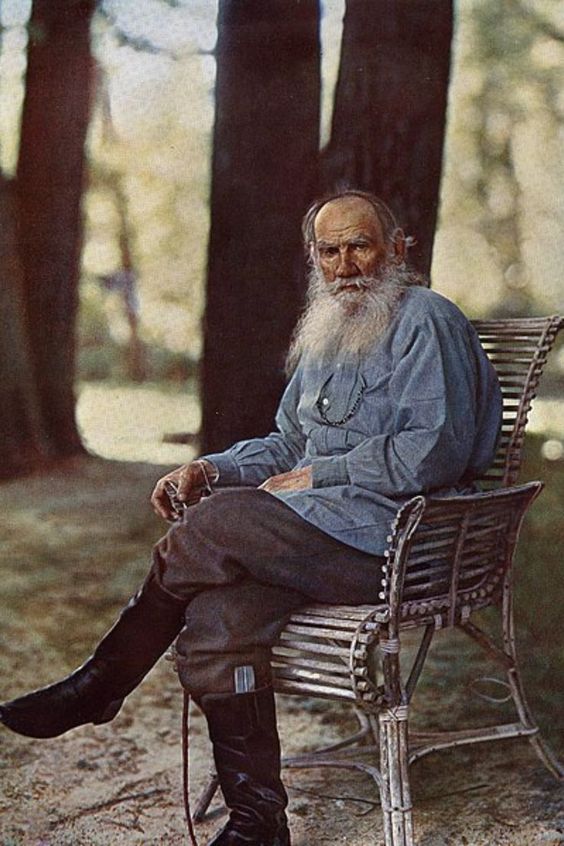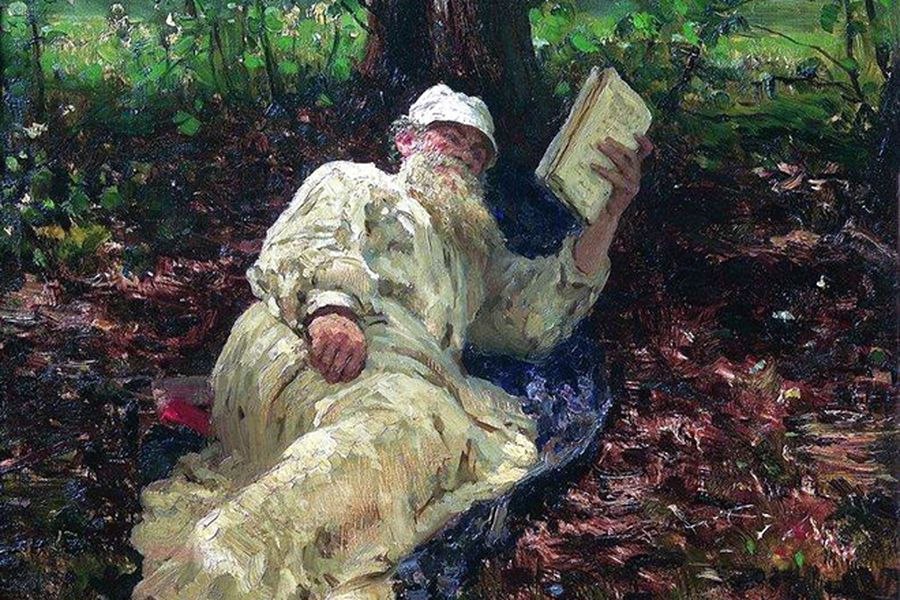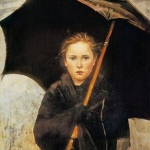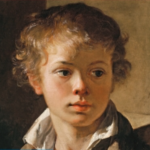
17.10.2023
Leo Tolstoy, one of the most celebrated authors in world literature, was not just a keen observer of human nature but also a product of his time and experiences. Several pivotal events in Tolstoy’s life significantly shaped his literary journey, enriching his works with depth, complexity, and timeless relevance.
1. Childhood and Upbringing:

Born into an aristocratic family, Tolstoy’s early years exposed him to the complexities of social hierarchies and the disparities between the rich and the poor. His experiences in his formative years laid the foundation for his later exploration of social issues in his writing.
2. Military Service:
Tolstoy served in the Crimean War, an experience that exposed him to the brutality and chaos of warfare. His time in the military influenced his portrayal of battle scenes in works like «War and Peace,» making them vivid and realistic.
3. Marriage and Family Life:
His marriage to Sophia Behrs and their family life provided Tolstoy with insights into the intricacies of human relationships. His observations of domestic life, conflicts, and emotions found their way into his characters, making them relatable and genuine.
4. Spiritual Crisis:
In his later years, Tolstoy underwent a profound spiritual crisis, questioning the meaning of life, morality, and the pursuit of happiness. This existential quest profoundly influenced his later works, leading to philosophical and existential themes in his writing.
5. Peasant Commune Living:
Tolstoy experimented with living in a peasant commune, seeking a simpler, more meaningful existence. This experience influenced his advocacy for simple living and self-sufficiency, themes that can be observed in characters like Levin in «Anna Karenina.»
6. Conversion to Pacifism and Christian Anarchism:
Tolstoy’s conversion to pacifism and Christian anarchism significantly influenced his later writings. He explored the concept of nonviolent resistance and the moral implications of violence, which are evident in his essays and later works.
7. Excommunication from the Russian Orthodox Church:
Tolstoy’s excommunication from the Russian Orthodox Church due to his unorthodox religious beliefs intensified his exploration of spirituality and morality. His spiritual writings, including «The Kingdom of God Is Within You,» reflected his defiance against established religious institutions.
In conclusion, Leo Tolstoy’s literary genius was not just a product of his imagination; it was deeply intertwined with his life experiences. His ability to translate these experiences into profound narratives and characters continues to captivate readers worldwide, making his works timeless classics.




